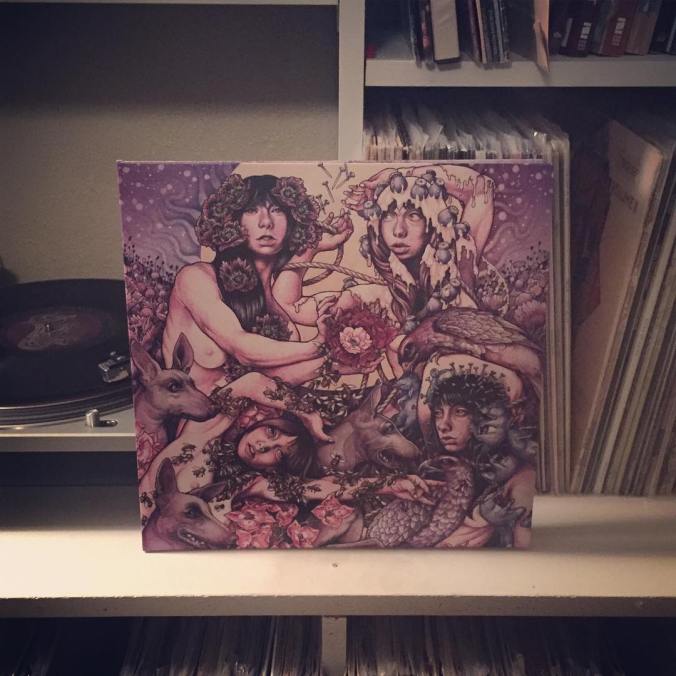 Three years ago, I fell in love with Elder’s Reflections of a Floating World, an interplanetary blend of doom metal, psychedelic rock, Krautrock, and prog.
Three years ago, I fell in love with Elder’s Reflections of a Floating World, an interplanetary blend of doom metal, psychedelic rock, Krautrock, and prog.
Their fifth record Omens takes Reflections’ more meandering elements and lets them really breathe. Synths and electric pianos are just as prominent as crushing guitars, creating an album that feels more Rush than Black Sabbath.
And the results are stunning.


 If I were to ask you to imagine a female singer-songwriter, there’s a good chance your mind would go to a subdued, pensive artist, a la Joan Baez or Julien Baker.
If I were to ask you to imagine a female singer-songwriter, there’s a good chance your mind would go to a subdued, pensive artist, a la Joan Baez or Julien Baker.
